Bookshelf

There are more books written on the subject of chess than any other single subject. So how does one decide what to get? To some extent the answer depends on your personal tastes and needs. However, the books recommended below are considered by many chess scholars and beginners alike to be the latest best of breed.
Classics
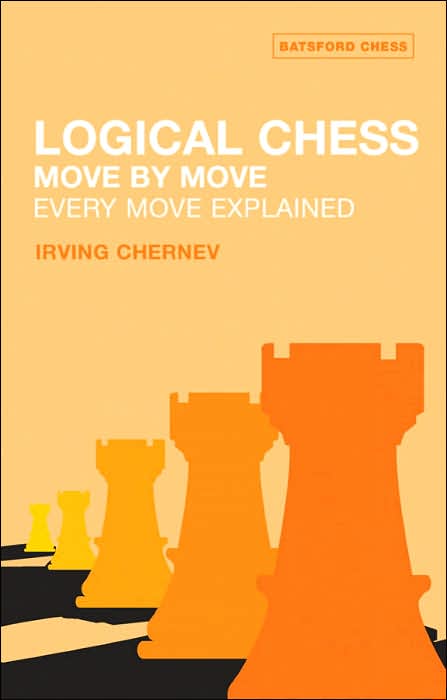
Logical Chess Move by Move
by: Irving Chernev- An inspiration for this web site. This book presents 33 games, and the thought behind every move. For novices who would like to become intermediate players.

My System
by: Aron Nimzovich- A bible for chess players. This new translation from German to English is packed Nimzovich's sharp commentary. A must read for all aspiring chess players. For intermediate tournament players and above.
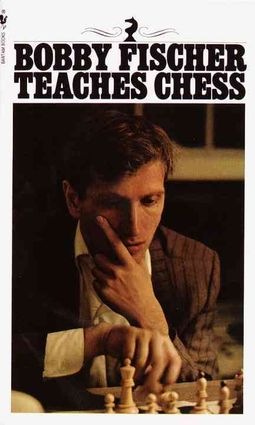
Bobby Fischer Teaches Chess
by: Bobby Fischer- Learn to play chess well from arguably the best chess player of all time.
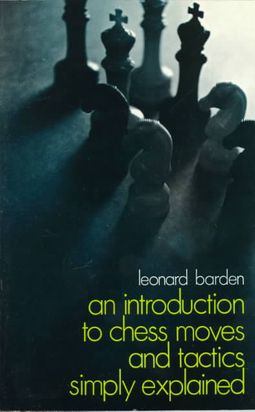
An Introduction To Chess Moves And Tactics Simply Explained
by: Leonard Barden- Making all the right moves ... logically.

1001 Chess Exercises For Club Players
by: Frank Erwich- Solve them like you are eating popcorn.
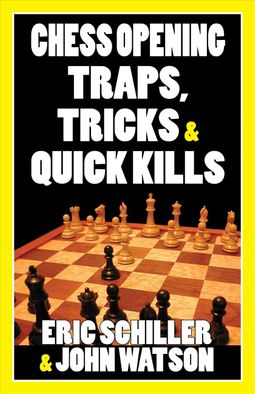
Chess Opening Traps, Tricks & Quick Kills
by: Frank Erwich- Don't get caught in an opening trap.
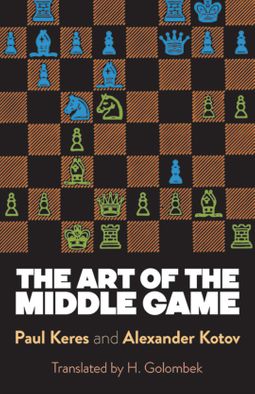
The Art Of The Middle Game
by: Paul Keres, Alexander Kotov, and H. Golombek- Learn how to play chess well in the middle game. Includes such topics as attacking the king, pawn structure, and defense.
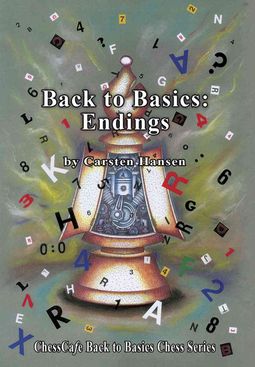
Back To Basics: Endings
by: Carsten Hansen- The best place to start learning chess is in the end game.

Game Changer: Alphazero's Groundbreaking Chess Strategies And The Promise Of Ai
by: Matthew Sadler and Natasha Regan- In 1997 the strongest chess computer of its day beat the current human world champion. It did this by using brute force calculations and human expert programming. In 2018, AlphaZero, a self-learning artificial intelligence system, was fed nothing but the rules of chess when it beat the world's strongest chess engine. This book seeks to explain how it was possible to play in such a brilliant and risky style and not lose a single game against an opponent of superhuman strength.
Tactics
Openings
Middle Game
End Game
Literature
